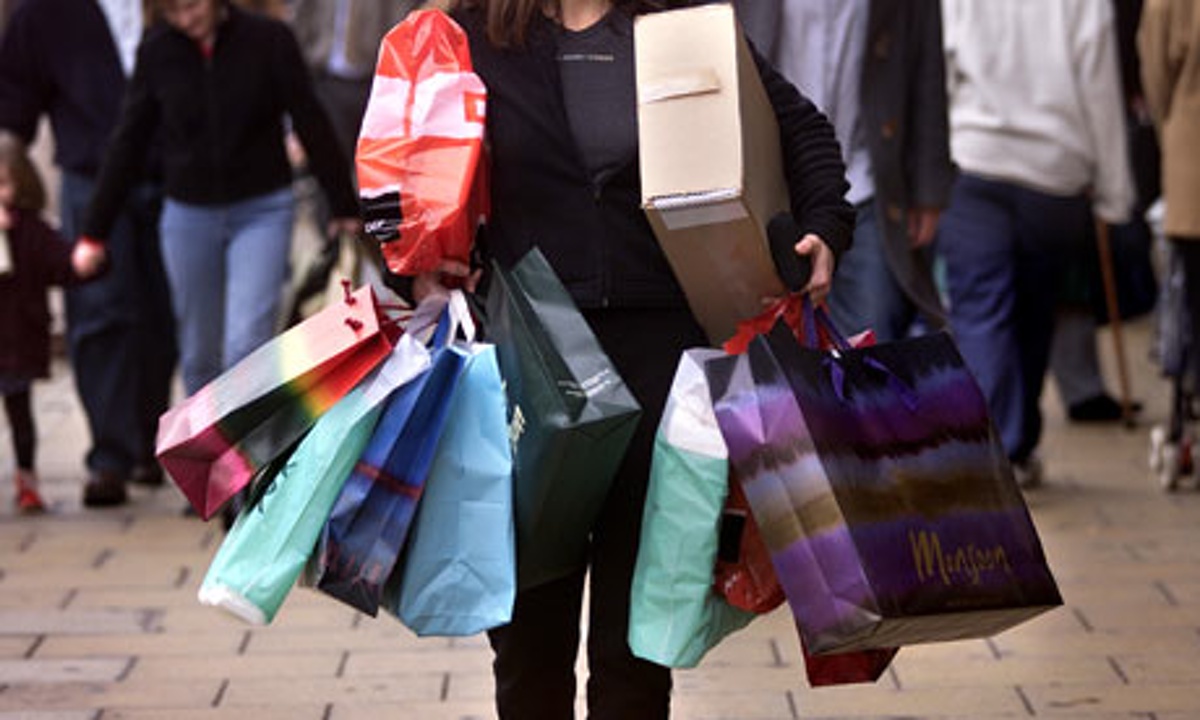
The holiday season is typically a time when consumers go all out to score great deals and find that perfect gift for loved ones and, perhaps, even treat themselves. With so many shoppers spending money on gifts, we are being warned to look out for counterfeit merchandise that is not just fake, but may even be dangerous.
There are a variety of fake or knock off items out there, including electronics, toys, sports memorabilia, perfume, jewelry, and accessories. These items may contain chemicals that are harmful and some counterfeit items don’t meet federal regulations and could pose a fire hazard or other safety concern.
Signs to Avoid Fake or Counterfeit Merchandise Online
Officials are warning consumers that while it may be difficult to spot a fake item, some key signs to look for when shopping online can help you avoid shelling out good money for a fake. These tips are good, not just for holiday season shopping, but all year-round. Some signs include:
- All products listed are on sale or offered at unbelievably low prices.
- There is no contact information on the website.
- The product is shipped from outside of the United States.
- You’re redirected to an external online payment system during check out.
Before clicking on that “great” bargain, do some due diligence and research the offer. Check the URL to see if it is a knock off site. If in doubt, contact the manufacturer or designer to see if the item is official. Review the business by checking out their BCA profile. Research consumer reviews to see what others are saying. Many times consumers will take to the Internet or social media to post their experience and let others know if they have received phony products. The International AntiCounterfeiting Coalition has a gallery to help identify fake items.
How to Research a Potentially Fake Item
Fraudsters don’t restrict themselves to only selling fake goods online. You’ll find bogus items being peddled roadside, at flea markets or swap meets, in shopping centers and just about anywhere, so be cautious about buying name brand items through unauthorized vendors.
Bogus merchandise can often be hard to spot. Inspect the merchandise for:
- Label misspellings
- Off colors
- Inferior materials
- Substandard packaging
- Missing trademarks
- Cheap prices
If making a purchase online or in-store, try using a credit card so you have added protection if the item is not as represented, defective, or any number of issues. If you buy a fake, you may be able to dispute the charges with your card provider. And you can always file a complaint with BCA.
Whenever you shop, take BCA along with you. BCA’s web design provides a great mobile user experience and allows you to check out a company, read complaints, or post a review with just a click. This shopping season, and anytime, remember: Before you pay, check BCA!
About Business Consumer Alliance
Business Consumer Alliance (BCA) is a non-profit company that started in 1928. The broad purpose of BCA is to promote business self-regulation. BCA's mission is achieved by assisting consumers in resolving complaints with businesses and using that complaint information, along with other relevant information such as customer reviews, to forecast business reliability. With community support, BCA can identify trustworthy and ethical businesses and warn the public to avoid unscrupulous businesses whose purpose is to defraud the marketplace. BCA also helps businesses promote themselves by providing services and tools to protect their business and reach out to their customers. BCA obtains its funding from member businesses who support the mission and purpose of the organization and who agree to abide by high standards of ethical business practices.